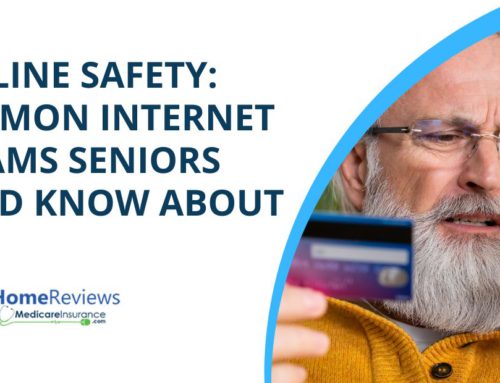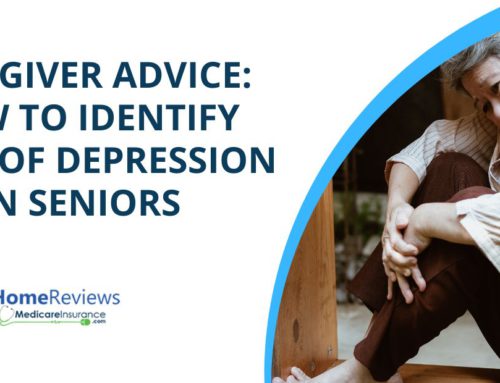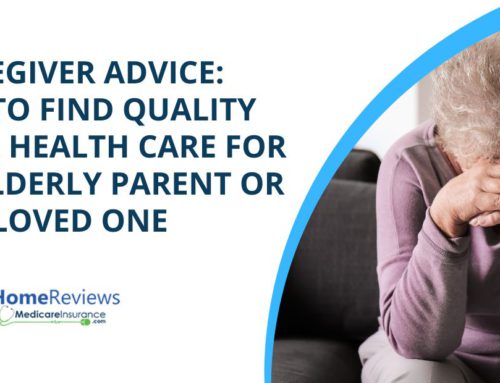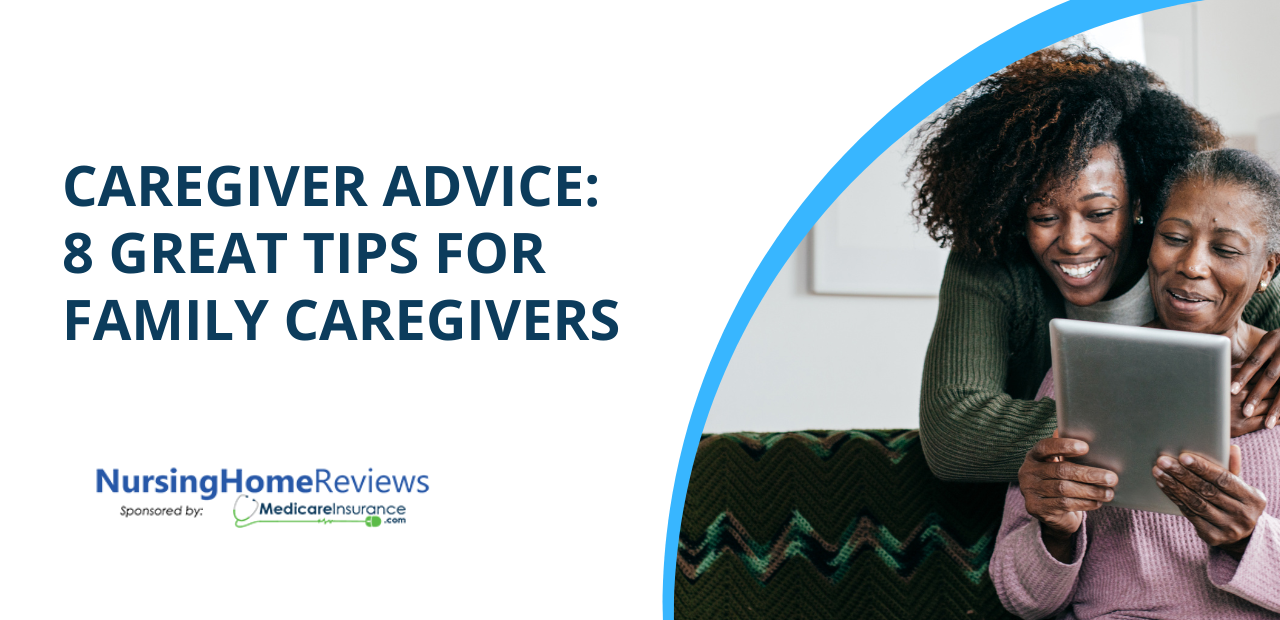
Being a Caregiver is Tough
Here at Nursing Home Reviews, we know that assisted living isn’t for everyone. In fact, many seniors choose to live with their children or other caregivers, forgoing nursing homes entirely. This can be a great arrangement: seniors can live at home, spend more time with their families, and don’t have to worry about the uncertainties that come with moving into a nursing home. However, this arrangement can have an unseen cost.
When you bring an older relative into your home, you’re taking on an important responsibility. Both you and your senior relative are recognizing that they can’t live on their own anymore. They need help, and the level of care they need will only increase with time. It’s just an unfortunate fact of life. All too often, children and relatives in the role of caregivers find themselves suffering from burnout, often leading to declining mental health and conflict with their senior relatives.
Have you ever noticed how the words “caregiver” and “caretaker” are basically synonyms? That’s because it’s important for anyone giving care to remember to take care of themselves.
Well, it’s not really because of that, but it’s still a good way to remember to look after yourself. Here are eight tips for caregivers that’ll help you keep yourself and your loved one in top condition.
Need a nursing home, adult day care, or respite care facility?
Start your search today.
8. Don’t Be Afraid to Ask For Help
There is, deeply ingrained in all of us, some sort of societal ideal that a ‘good child’ will do everything they can to care for their aging parents. Sometimes this is viewed as a sort of repayment for the care they gave us as children. In other cases, it’s an extension of societal roles: daughters, in particular, are often given the role of familial caregivers for aging parents. As your loved one’s needs increase, you might find that it’s hard to balance your role as a caregiver with the other aspects of your life.We’re not just talking about work, children, and relationships here: We’re talking about your whole life.
Here’s a mantra you should hold close to heart: “No responsibility, no matter how important, should dominate my entire life.” Machines need to go down for maintenance. Superheroes have secret identities and social lives. Even God took a day off in the Book of Genesis. Nothing, literally nothing, can run in perpetuity. Either you take a break to take care of yourself, or you burn yourself out.
Think about the things that would make your life easier right now. They don’t even need to be big things: maybe you’d like it if someone picked up your loved one’s medicine. Maybe you’d like someone to bring dinner sometime. Seriously: make a list of every little thing that would help you out right now. The next time someone asks “is there any way I can help?” ask them to do something on the list.
Don’t have anyone around to help? Services exist to deliver medication, make food, and clean house. Don’t have the funds for hired help? Community organizations exist that offer those services at low or no cost.
There’s no shame in admitting that you can’t do everything. Accept that, and everything else gets easier.
7. Set Aside Some “Me Time”

When you do get a moment to yourself, don’t immediately spend it on some other obligation. You need breaks. Even just thirty-minute breaks to do something you love, whether it be reading, taking a walk, or playing a video game. People need time to themselves.
If you’ve been experiencing friction with your loved one, you might even want to consider looking into some alternative care arrangements. There are several tiers of support that can help you out here, at varying costs.
If your loved one is relatively healthy and active, spending a day at the senior center can be a great choice. These community centers are places for seniors to gather, play games, share meals, and generally have a good time. Many senior centers offer additional services like exercise groups, lifelong learning classes, salon services, and resource referrals.
If your loved one needs more comprehensive care, an adult day care is the step between a senior center and assisted living facility. These places are often also referred to as senior centers to avoid infantilizing their clients, but there’s a key difference: adult daycare centers have on-site medical staff, and offer more comprehensive services than a community center.
An easy way to tell the difference is by checking the enrollment requirements. Senior centers typically only require enrollment for specific activities. They may offer services for free, charge a la carte, or have a nominal membership fee. An adult day care usually requires pre-registration and a detailed enrollment process, similar to going to a new doctor. You’ll likely pay a daily, weekly, or monthly fee depending on how frequently you use the service, and you may be able to pay with a Medicare Advantage plan or similar insurance. Adult day care centers may also offer dedicated transportation via shuttle. A senior center in a densely populated area may be served by public transportation, but likely will not have a dedicated shuttle service.
Both options allow you to take a portion of your day back, but what if you need more time? What if there’s an important trip you’re putting off? What if your loved one is too fragile even for an adult day care? Respite care can be the answer.
Respite care involves a stay in a skilled nursing facility, typically for up to five days. While there, your loved one will get all the care they’d receive at a nursing home or assisted living facility. Respite care is covered under Medicare Part A as part of hospice care, and may also be covered under Medicare Advantage plans.
means we must be doing something right,” he adds.
6. Take Things One Step At a Time
So far, we’ve addressed ways to lighten your load as a caregiver. But if you’re determined to keep your loved one out of a nursing home, you can’t offload everything. How do you handle all those tasks?
Here’s a bit of a dirty secret — many people have difficulties with attention, and aging can complicate things even further. Dementia, strokes, and similar conditions obviously have an impact on the brain, but they’re far from the only things that can make your parents seem flighty and fickle. Certain medications can reduce impulse control as a side effect, for instance. It’s even possible that your loved one has undiagnosed ADHD or Autistic Spectrum Disorder, and their coping and masking mechanisms are beginning to slip with age. As a result, it’s not uncommon for seniors to make a request, only to add four or five more things onto the pile before you’re even done. They’re not doing it on purpose: brains are weird and despite everything, we still don’t really understand how they work. That’s life.
One thing to keep in mind is to focus on one thing at a time. This can be difficult if you have a loved one who keeps adding new tasks to the pile, but trust us: trying to do ten things at once only results in ten poorly done tasks. Consider everything you need to do today as a list. Prioritize them in terms of urgency. What needs to be done? Work through that to-do list one step at a time, and you’ll do far better in the end.
5. Stick to a Schedule

Routines are comforting. You might consider yourself spontaneous, but even the most adventurous individuals still have some sort of structure. Knowing what comes next is nice. It helps us prepare, eliminates uncertainties, and generally makes life easier. If you know dinner is at 6:00, you know to take steps to ensure dinner occurs at that time. You buy groceries. You pick a recipe. You prepare meals. You order takeout. Something occurs at that time and directs the cadence of the rest of your day, even in a small way.
Now, we’re not saying you need to rigorously plan out every hour of every day, but having specific touchpoints makes filling in the gaps easier. A proper schedule also can help you identify which tasks you might need help on. Need to pick up mom’s medication and prepare dinner at the same time? A schedule can stop that conflict before it even starts.
4. Stay Organized
Beyond just keeping a schedule, keeping organized can help make caretaking much easier. Simple things like pill sorters for medication and accordion files for important documents are a good starting point, but you can go even further.
There’s a concept in ADHD treatment known as point of performance (POP). When psychologists talk about POP, they’re usually talking about the obstacles that prevent us from doing the things we’re otherwise capable of: we know how to do something, but an issue at the point of the performance is inhibiting our ability to act.
One common POP issue, which can affect both neurotypical and neurodivergent people, is a lack of organization. Have you ever delayed a task because you couldn’t find or otherwise did not have the things you needed to complete it? You likely had to spend extra effort gathering the materials, which adds to your workload. In the worst case, the task might not even get done at all! Optimizing conditions at the point of performance through the proper organization can help smooth over these issues.
People in the restaurant business understand point of performance well: go into a professional kitchen, and you’ll often find workstations set up for specific tasks. Cleaning supplies are kept together. Common ingredients are made easier to access. You can jump from station to station, with everything you need to perform a task laid out before you. Consider adopting a similar approach. Is helping your loved one get dressed in the morning a chore? Pre-plan outfits and keep them close together. Do you have tasks you often do in quick succession? Keep the supplies you need to do them close together. Little optimizations can make your life much easier.
3. Streamline with Technology

A lot of caregiving guides say to remain open to new technologies, but what exactly does that mean?
Well, a lot of new technologies have some surprising benefits for caregivers. For instance, those ubiquitous voice assistants can do a lot more than play music and read off the news. You can use them to set up an in-expensive in-house intercom system, allowing you to communicate with your loved one from across the house. You can use them to set medication reminders, order important supplies, and can even rig up simple tasks like controlling the lights, thermostat, and television that would otherwise be difficult for a bed-bound senior. Keep an eye out for other ways technology can provide caregiver support.
2. Watch Your Health
Your job is to help keep your loved one healthy. You can’t exactly do that if your health is in shambles. When family caring, it’s easy to neglect things like a healthy diet, personal hygiene, and even symptoms of serious health conditions. Maintain a level of vigilance about your own health: drink plenty of water, eat healthily, and consider asking for help if you’re getting sick.
Another part of staying healthy is staying active. It’s important for seniors to remain active, but don’t neglect yourself! Consider signing up for joint classes, or setting aside time for yourself. Even things as simple as a walk outside or a dance around the house to your favorite song can help keep you healthy and boost your energy.
1. Be Open with Others
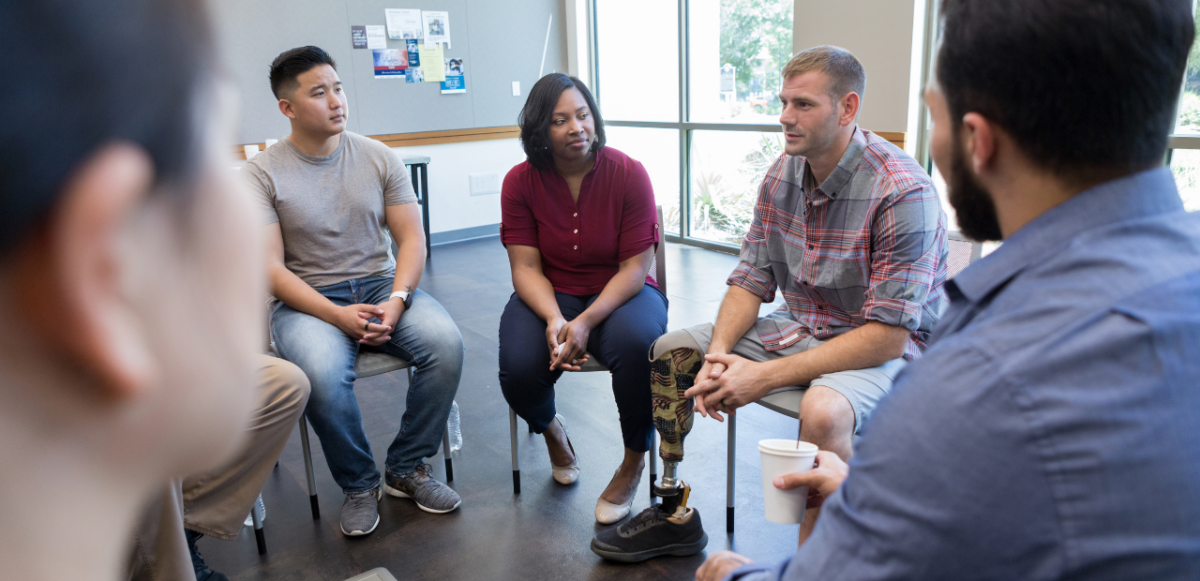
You’re not doing this alone. It’s okay to be frustrated or even to feel resentful of your loved one at times. These are natural emotions, and it’s important to understand that they stem from stress and burnout, not malevolence. Consider joining a local support group, or finding a support group online. You might also find family therapy helpful, even if you and your loved one have a healthy relationship: it can help resolve tensions before they begin.
Whether you need respite care, adult day care, or full-on assisted living, we can help. Our database lists the latest reviews, ratings, and violations for all manner of eldercare facilities.

